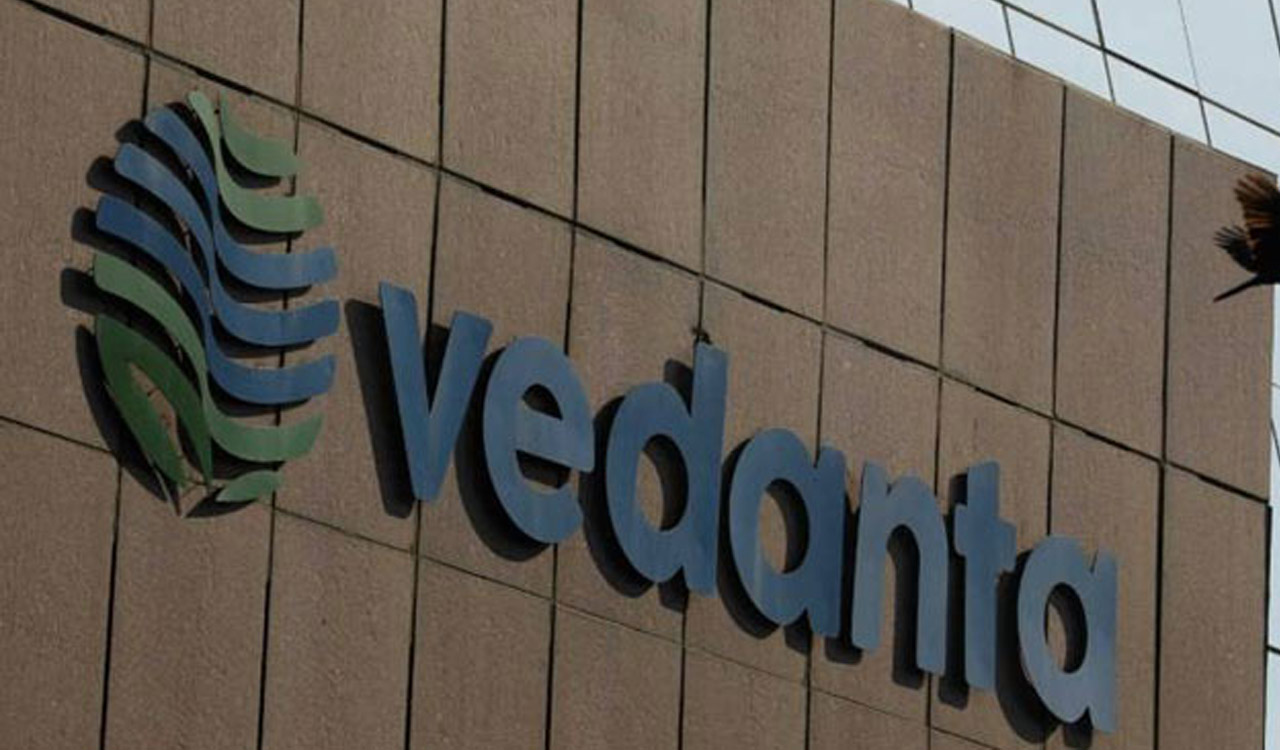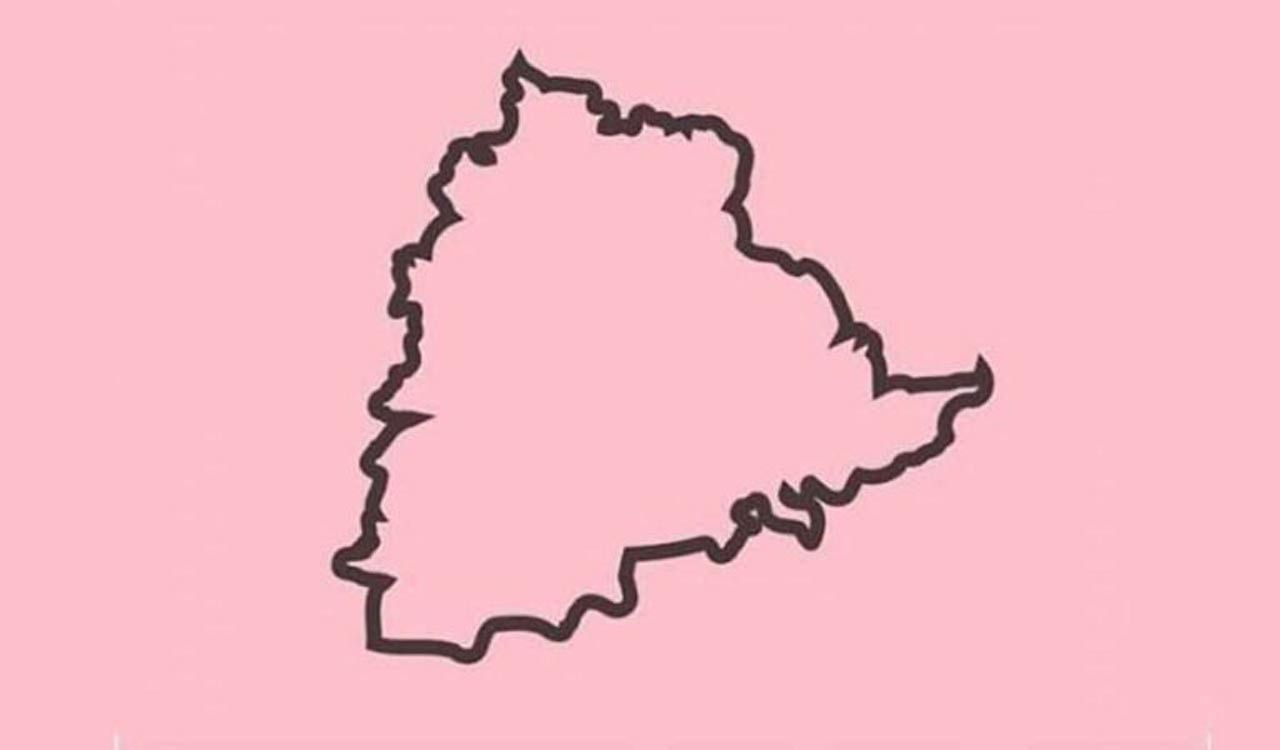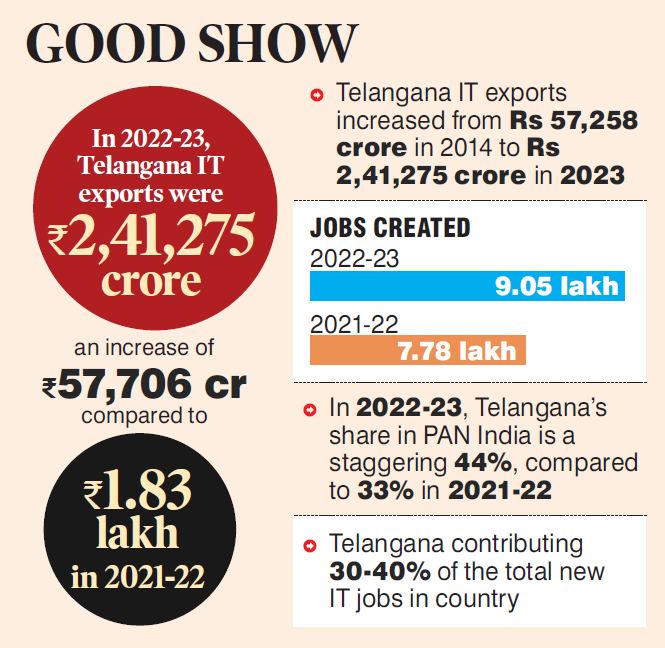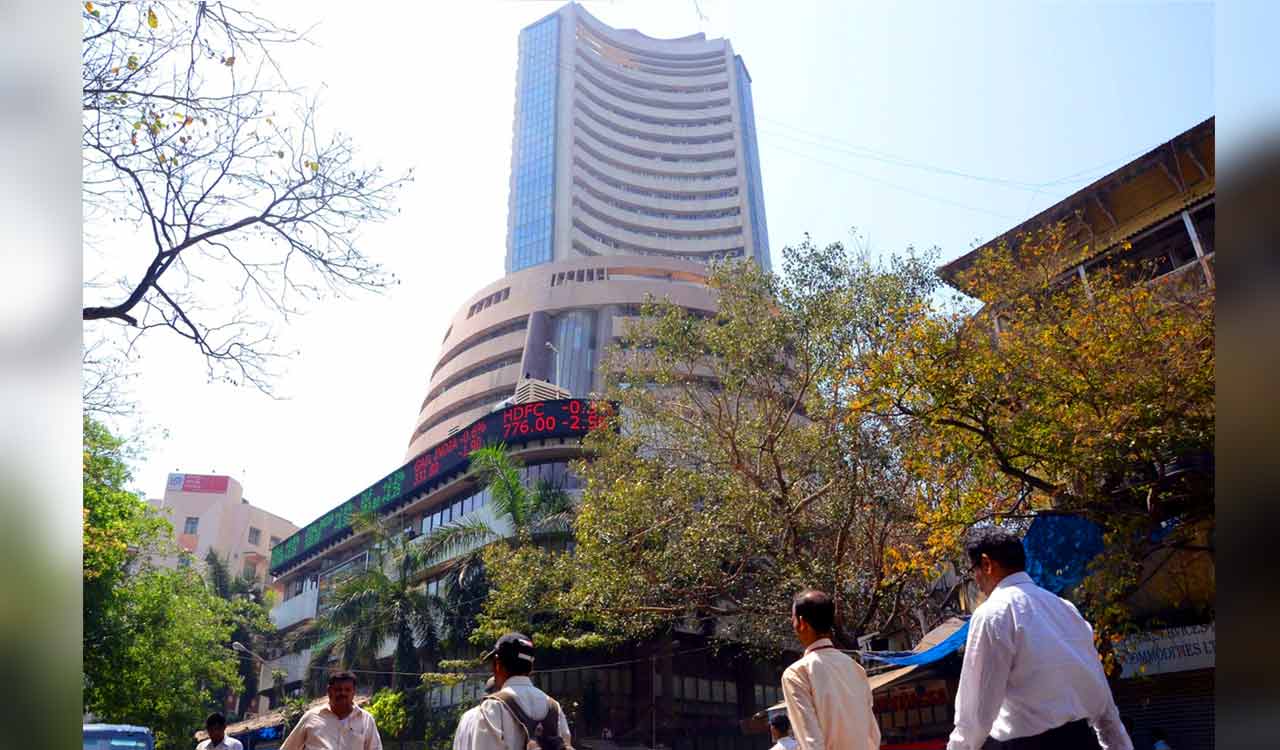Vedanta Ltd has won an arbitration against a demand for a higher payout from its prolific Rajasthan oil and gas fields
Published Date – 12:45 PM, Sun – 27 August 23

New Delhi: Mining magnate Anil Agarwal’s Vedanta Ltd has won an arbitration against a demand for a higher payout from its prolific Rajasthan oil and gas fields after disallowance of Rs 9,545 crore (USD 1.16 billion) in certain costs incurred, the company said.
The government has sought additional profit petroleum (or its share from the oil and gas fields) after it reallocated certain costs between the fields in the block and disallowed a portion of the cost incurred on laying a pipeline to evacuate oil produced from the Rajasthan block.
As per the contract, companies are allowed to recover all costs incurred before splitting profit in a predetermined ratio with the government. If a certain portion of cost is disallowed, it would result in higher profits and a resultant higher share to the government. Vedanta had challenged such a demand before an arbitration tribunal.
“The company has received an arbitration award dated August 23, 2023… upholding the contention of the company that additional profit petroleum, on account of Director General of Hydrocarbon (DGH) audit exceptions in relation to allocation of common development costs across Development Areas and certain other matters, is not payable as per terms of the Production Sharing Contract for Rajasthan Block,” it said in a stock exchange filing.
It however did not give details of the arbitration award. “The company is in the process of reviewing the award in detail and evaluating its financial impact,” it said.
In its latest annual report, Vedanta had put the number at Rs 9,545 crore.
“DGH, in September 2022, has trued up the earlier demand raised till 31 March 2018 up to 14 May 2020 for Government’s additional share of profit oil based on its computation of disallowance of cost incurred over retrospective re-allocation of certain common costs between Development Areas (DAs) of Rajasthan Block and certain other matters aggregating to Rs 9,545 crore applicable interest thereon representing share of the company and its subsidiary,” it said.
The firm said it disputed the demand and the other audit exceptions as it believed these were not in accordance with the PSC and are entirely unsustainable.
“In accordance with PSC terms, the group had commenced arbitration proceedings. The final hearing and arguments were concluded in September 2022. Post hearing briefs were filed by both the parties and award is awaited,” the annual report released last month said.
The award has now come.
Sources said DGH, which is the upstream nodal agency of the Ministry of Petroleum and Natural Gas, had way back in May 2018 raised a demand for additional share of profit oil for the government after disallowing Rs 1,508 crore out of the cost incurred on laying a heated-pipeline to transport Barmer crude and Rs 2,723 crore in the reallocation of certain common costs.
The numbers were revised in subsequent years. These costs pertain to only Vedanta’s share in the Rajasthan block as state-owned Oil and Natural Gas Corporation (ONGC), which holds 30 per cent interest in the block, had agreed to pay the government if these costs are disallowed.
It was not immediately known if the government will abide by the arbitration award. The government had previously challenged all arbitration awards it had lost.




















